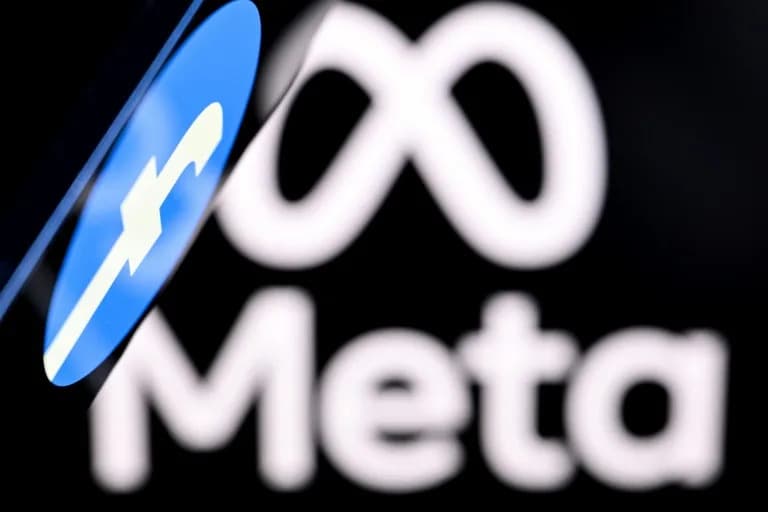Meta has begun alerting thousands of Australians it believes are under 16 to download their data and delete accounts ahead of a national law that bars under‑16s from major social platforms. Notices will be sent before some accounts are denied access from Dec. 4, ahead of the law taking effect on Dec. 10. Meta offers Yoti age verification for users mistakenly flagged and advocates app-store-level age checks; experts and child-safety groups voice concerns about verification accuracy and human-rights implications.
Meta Tells Australian Teens to Save Data Ahead of World-First Under-16 Social Media Ban
Meta has begun notifying thousands of Australian users it suspects are under 16, giving them two weeks to download their data and delete accounts on Facebook, Instagram and Threads before a pioneering Australian law takes effect.
The government announced that, from Dec. 10, major platforms including Meta’s apps as well as Snapchat, TikTok, X and YouTube must take reasonable steps to prevent account holders under 16 from accessing their services. Meta said it will start denying access to some suspected underage accounts from Dec. 4 and has sent SMS and email notices to impacted users to give them time to save contacts and memories.
Meta estimates there are roughly 350,000 Australians aged 13–15 on Instagram and about 150,000 in that age range on Facebook; Australia’s population is about 28 million. The company says notices also allow users to update contact details so Meta can help them regain access once they turn 16.
Users aged 16 and over who received a warning in error can use Yoti Age Verification to prove their age by submitting a government-issued ID or a short "video selfie." But experts warn such tools have limits. Terry Flew, co-director of Sydney University's Centre for AI, Trust and Governance, said facial-recognition age checks have a meaningful failure rate — he estimated at least 5% — highlighting the shortcomings of technical workarounds when there is no government ID system.
"We believe a better approach is required: a standard, more accurate, and privacy-preserving system, such as OS/app store-level age verification," said Antigone Davis, Meta’s vice president and global head of safety, arguing app stores should collect verified age at signup.
The government has warned platforms that requiring all account holders to prove they are older than 15 would be an unreasonable response to the new rules, noting platforms often already hold sufficient data to identify many adult users. Under the legislation, companies that fail to prevent under-16s from creating accounts may face fines of up to 50 million Australian dollars (about $33 million).
Reactions have been mixed. Dany Elachi, founder of the parents’ group Heaps Up Alliance, urged parents to help children plan alternatives to time spent on social apps but acknowledged aspects of the law are imperfect. Child-safety advocates such as Save the Children Australia welcomed efforts to protect children online while urging regulators to require platforms to embed safety features rather than rely solely on exclusion. The Australian Human Rights Commission previously warned that less restrictive alternatives — for example, a legal duty of care on platforms — could protect young people without significant impacts on other human rights.
This move makes Australia one of the first countries to implement a broad age-based access restriction on major social platforms. As the deadline nears, families, educators and platforms will be watching how verification systems, enforcement and user protections play out in practice.
Help us improve.




























